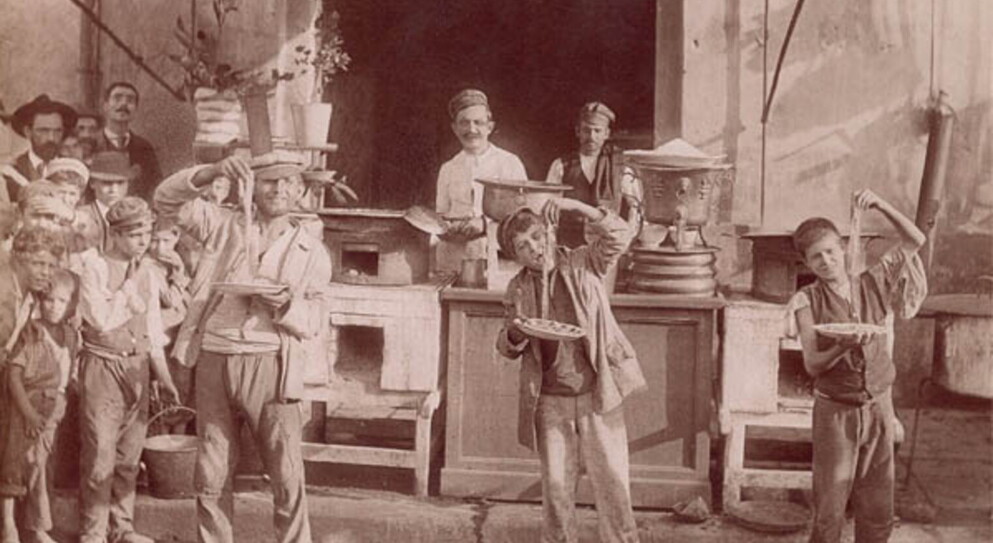Course rationale and objectives
The first objective of Master Thesis Seminar I (MTSI) is to guide MARS students in developing the core design of their Master thesis proposal, and to set the foundations for their Master thesis, focusing on their projects’ research questions, theoretical framework, methods and research design, and textual structure. The course’s second objective is to provide students with basic knowledge in the presentation and evaluation of Master thesis project proposals, in the field of media and area studies. Participating in the course’s series of lectures, seminars and independent study, the students become acquainted with the principles and techniques of developing, presenting and evaluating Master thesis proposals.
MTSI students develop the basic skills for:
▪ designing and structuring Master thesis proposals
▪ communicating in written form and orally about their project proposals
▪ evaluating MA thesis projects, by identifying their strengths and shortcomings, and providing constructive feedback.
- Teacher: Vaia Doudaki
- Teacher: Karolína Šimková

The course aims to provide students with knowledge and experience in efficient and quality writing for academic purposes in the field of communication and media studies. It is structured around activities that guide students throughout the writing process, helping them to develop the necessary skills for drafting, structuring, writing and revising academic texts. The course places emphasis on critical skills in evaluating, selecting and using sources of information and literature in academic writing; micro-level composition skills such as sentence structure, vocabulary and style; meso-level skills such as paragraph content and structure; and macro-level skills such as text content and structure, coherence, unity, and style.
- Teacher: Vaia Doudaki
- Teacher: Marcela Konrádová
- Teacher: Jan Křovák

- Teacher: Vaia Doudaki
- Teacher: Derya Yüksek

Analysing Discourse: Theories and Methods is a master’s level course that aims to introduce discourse theory as a conceptual framework and an interdisciplinary research practice. The course also aims to get the course participants familiarised with various theoretical approaches to the concept of discourse and methodological toolboxes that enable researchers to analytically engage with empirical data. Participating in the course’s series of lectures and workshops, the students become acquainted with the development of the field of discourse studies, the fields of research where discourse theory is deployed, and some specific case studies in which discourse theoretical approaches are employed.
- Teacher: Mazlum Kemal Dağdelen
- Teacher: Elisabeth Ulrika Wennerström
- Teacher: Mazlum Kemal Dağdelen
- Teacher: Vaia Doudaki

- Teacher: Annamária Neag
- Teacher: Vaia Doudaki